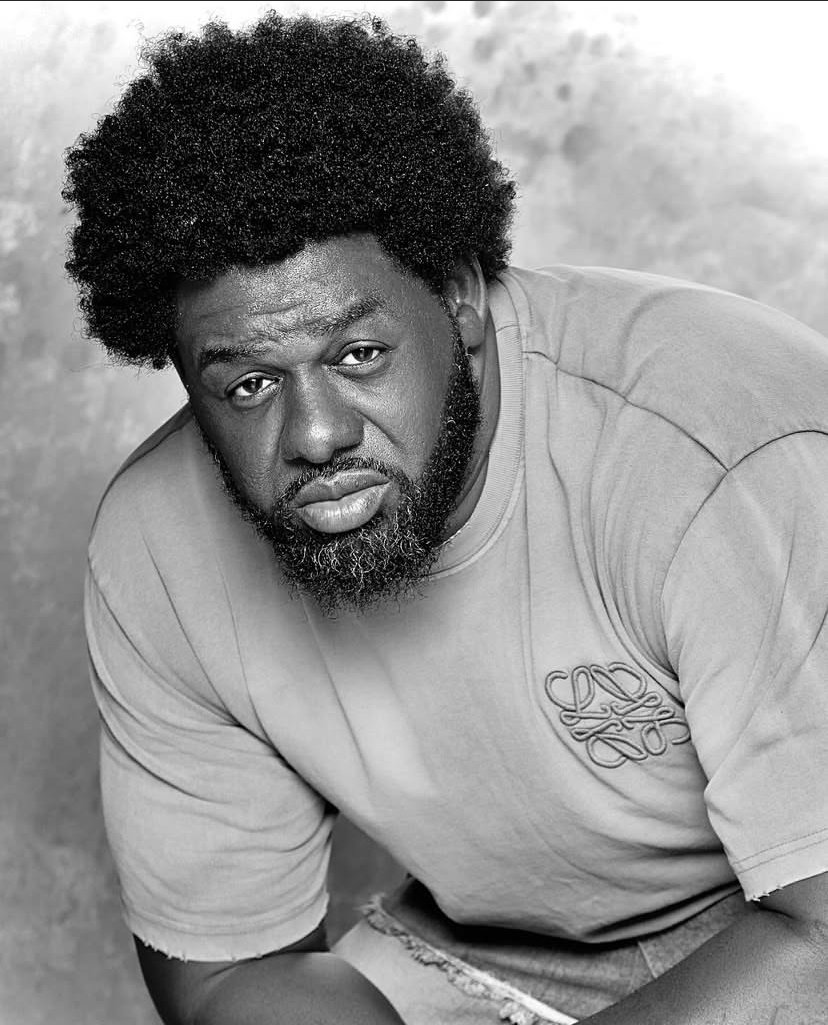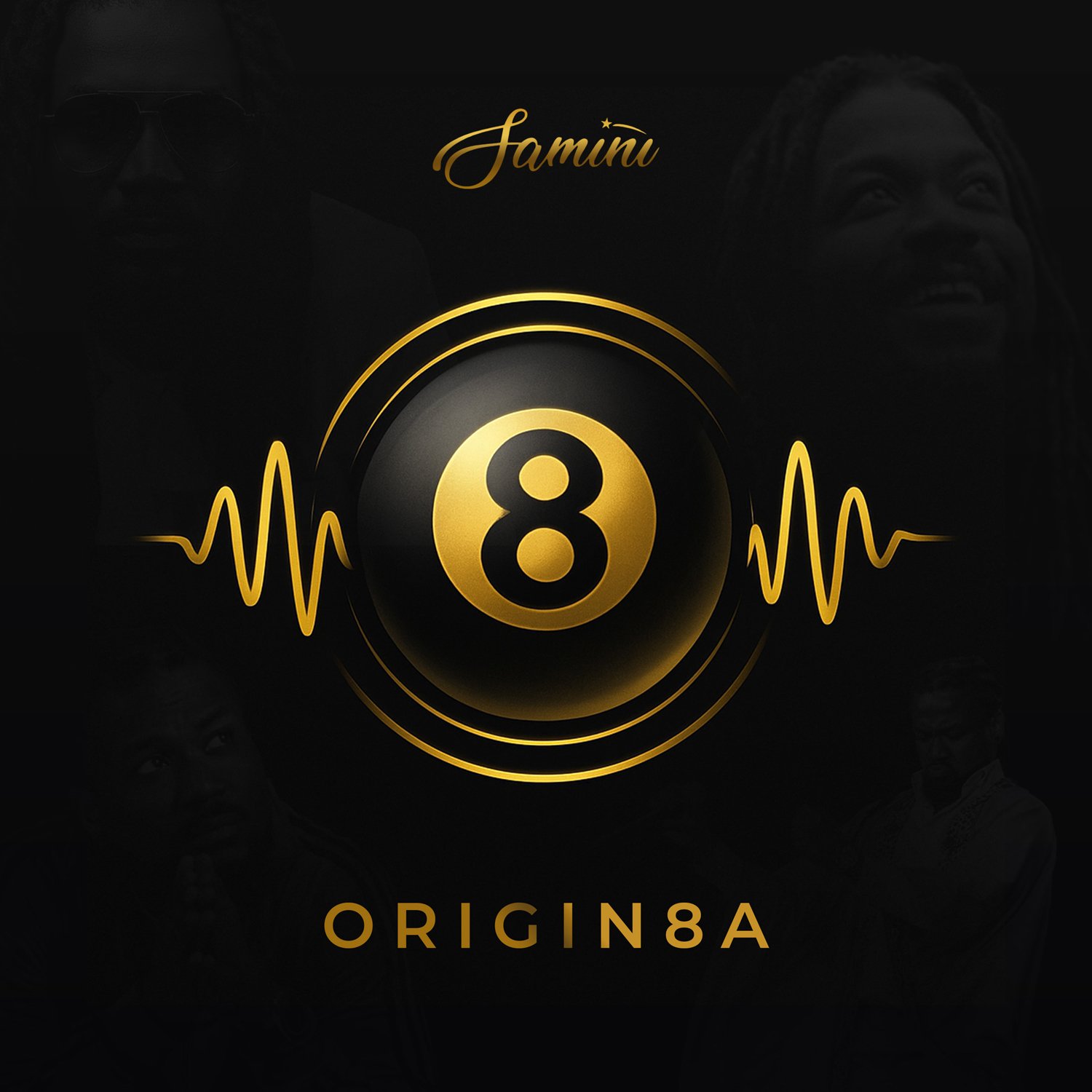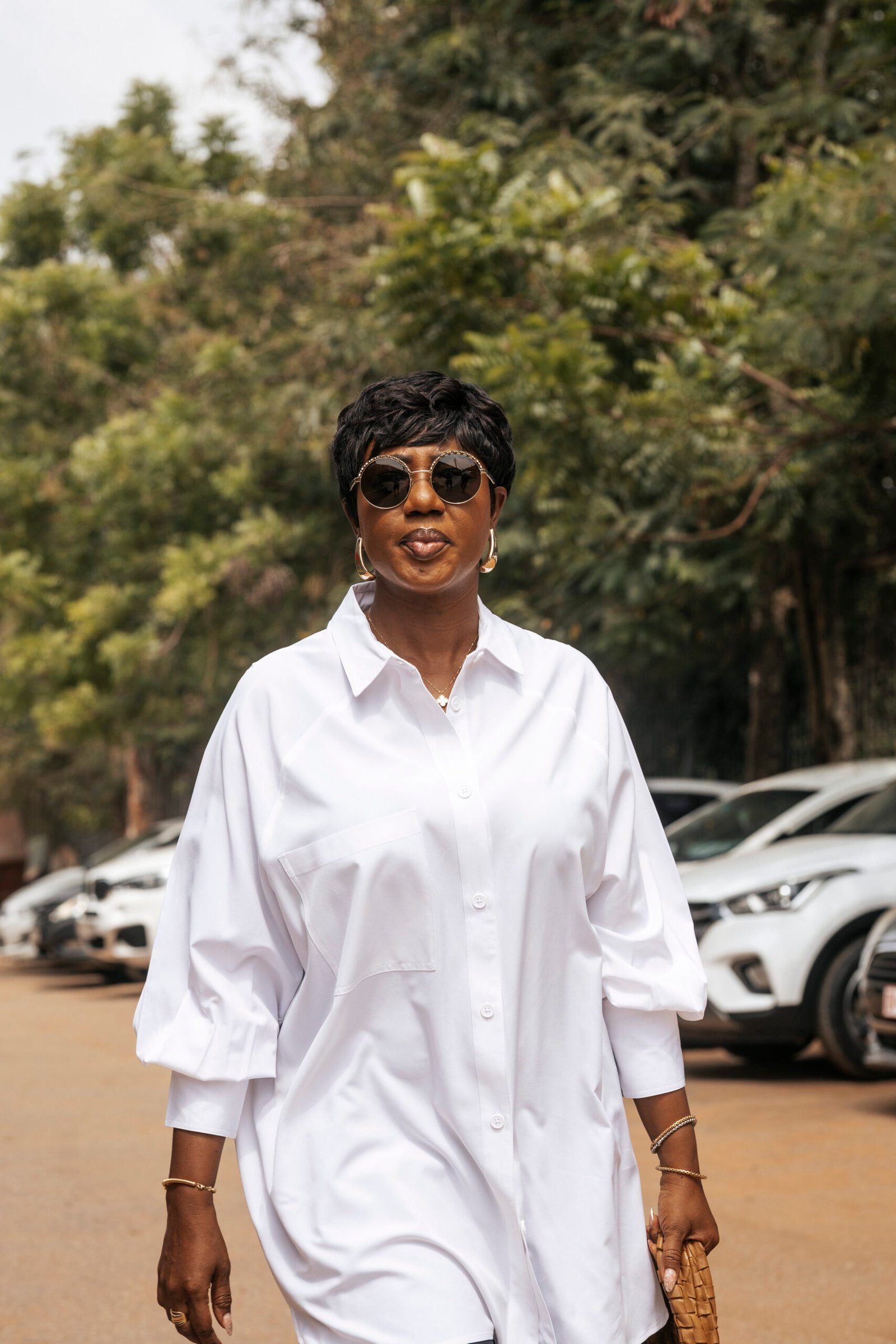The Call to Restore the Essence of Ghanaian Music Theirson spells out thought provoking Truth
Rising star who goes by the name “Theirson,” a popular blogger with a perspective that’s as refreshing as it is challenging. He dares to speak the hard truths, recognizing that ego and the cult of fame are corroding the soul of Ghana’s music industry.
In a world where social media likes and trending numbers seem to define an artist’s worth, Theirson is unapologetic in pointing out that this obsession with fame is devouring the very essence of music. While fame and recognition can be the lifeblood of an artist’s career, they have overshadowed the fundamental purpose of music: to convey emotion, tell stories, and inspire.
In an era where the clamor for attention often drowns out the beauty of music, Theirson advocates for a return to the roots, to the authentic sounds that define Ghana’s musical heritage. He reminds us that music is a form of art that should be celebrated for its emotional resonance, cultural significance, and storytelling power, not just for the numbers on a social media dashboard.

https://www.facebook.com/yesse.mufasa.7?mibextid=LQQJ4d
Theirson raises a crucial point about the destructive nature of fan bases and their undue influence on the industry. While loyal fan bases can be the wind beneath an artist’s wings, the toxic rivalries and feuds between fan groups have bred unnecessary drama. It’s time for fans to channel their enthusiasm into constructive avenues that promote unity and harmony, rather than pitting artist against artist.
A perennial issue in the music industry, beef, has long been a double-edged sword. While it can generate buzz and excitement, it can also lead to divisiveness and animosity. Theirson wisely calls for a reevaluation of this age-old phenomenon. Perhaps it’s time for artists to find more constructive ways to engage with their peers and build collaborative relationships that benefit everyone.
The media and bloggers play a significant role in shaping the narrative of Ghana’s music industry. Theirson astutely observes that the sensationalism, false information, and clickbait tactics employed by some in the media world are doing a disservice to the artists and the industry as a whole. Instead of tarnishing reputations, it’s time for the media to embrace a more responsible and ethical approach, one that uplifts the industry rather than sowing discord.
In a world that sometimes seems clouded by ego, rivalry, and sensationalism, Theirson’s call for unity, authenticity, and integrity is a beacon of hope. It’s a reminder that the true beauty of Ghana’s music lies in its ability to bring people together, to tell the stories of a nation, and to celebrate the richness of its culture.
It’s time for all stakeholders in the Ghanaian music industry to rise above the noise and unite for a common cause: the promotion of Ghanaian music in all its glory. It’s time to say “no” to the destructive elements that threaten to tear the industry apart and “yes” to a future where harmony and authenticity are at the forefront of our musical renaissance. As Theirson reminds us, Ghana’s music deserves nothing less.









